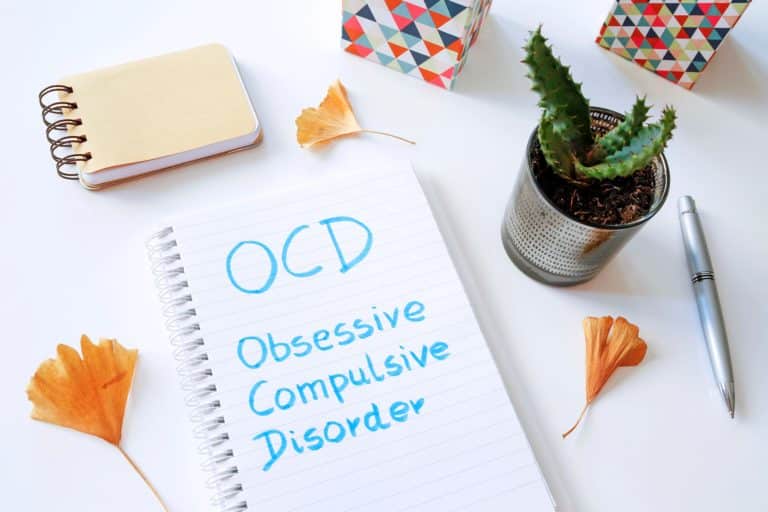Living with a factitious disorder, or watching a loved one struggle with one, can be an emotionally challenging experience. While the behavior of faking illness may seem attention-seeking or manipulative from the outside, it’s important to understand that factitious disorders are serious mental health conditions that require professional intervention and compassionate support.
If you or a loved one are struggling with a factitious disorder, our mental health programs in Nashville can help.
What Is A Factitious Disorder?
A factitious disorder is a serious mental health condition where someone deliberately creates, exaggerates, or induces physical or psychological symptoms to receive medical attention and care. Unlike malingering, where someone fakes symptoms for external benefits like financial gain or avoiding work, individuals with factitious disorders are driven by an internal need to assume a “sick role” and receive care from medical professionals.
The symptoms can be physical, psychological, or both, and may be created through various means, including:
- Exaggerating existing symptoms
- Fabricating medical histories
- Tampering with medical tests
- Self-inducing illness or injury
- Interfering with wound healing
Is Faking An Illness For Attention A Mental Health Disorder?
Yes, deliberately faking illness for attention can be classified as a mental health disorder when it meets the diagnostic criteria for factitious disorder.
This behavior pattern indicates underlying psychological distress and often stems from complex emotional needs, traumatic experiences, or attachment issues. The desire for care and attention through illness is not a conscious choice but rather a manifestation of deep-seated psychological difficulties.
What Is Munchausen Syndrome?
Munchausen syndrome, now formally known as factitious disorder imposed on self, is the most severe form of factitious disorder. Named after Baron von Munchausen, a historical figure known for telling elaborate stories, this condition involves individuals going to extreme lengths to appear ill, often leading to:
- Frequent hospitalizations
- Extensive medical procedures
- Multiple surgeries
- Doctor shopping
- Detailed but inconsistent medical histories
- Dramatic but unclear symptoms
A particularly concerning variant is Munchausen syndrome by proxy (now called factitious disorder imposed on another), where a caregiver, usually a parent, fabricates or induces illness in someone under their care, typically a child.
How Do I Know If Someone Is Faking An Illness?
Identifying factitious disorder can be challenging, as individuals often become skilled at presenting symptoms. However, some common warning signs include:
- Inconsistent or vague symptoms that don’t follow typical disease patterns
- Extensive knowledge of medical terminology and procedures
- Eagerness for medical tests and procedures
- Dramatic medical histories with multiple hospitalizations
- Symptoms that worsen when treatment should be working
- Reluctance to allow healthcare providers to contact previous doctors
- Presence of multiple surgical scars
- Development of new symptoms after negative test results
Treatment Options for Factitious Disorders
Recovery from factitious disorder is possible with proper intervention and support. Treatment approaches are tailored to each individual’s specific needs and circumstances.
Residential Treatment
Residential treatment provides a structured, supportive environment where individuals can receive comprehensive care. This intensive level of treatment offers round-the-clock medical and psychiatric supervision combined with a robust therapeutic program. Clients participate in individual and group therapy sessions while engaging in family therapy and educational components.
Partial Hospitalization
Partial hospitalization programs (PHP) offer a step-down option from residential care or an intensive alternative to inpatient treatment. These programs provide comprehensive care during the day while allowing patients to return home in the evenings. Treatment typically runs five to seven days per week and includes structured therapy programs and consistent medical monitoring. In PHP, clients engage in intensive skills development work while maintaining strong family involvement in their recovery process. This level of care bridges the gap between residential and outpatient treatment, offering substantial support while beginning the transition back to daily life.
Intensive Outpatient Program
Intensive outpatient programs (IOP) provide focused treatment while allowing individuals to maintain their daily responsibilities. The program consists of multiple weekly therapy sessions complemented by regular group support meetings and ongoing psychiatric monitoring. Patients receive comprehensive life skills training and participate in family education sessions, all while maintaining their work or school commitments.
Begin Mental Health Treatment Today
If you or someone you love is struggling with factitious disorder, know that help is available. At Arbor Wellness, our experienced team of mental health professionals understands the complexity of factitious disorders and provides compassionate, evidence-based treatment options.
Don’t let fear or shame prevent you from seeking the help you deserve. Call us now at (629) 217-0164 to speak with our caring admissions team and learn more about our comprehensive treatment programs.


















